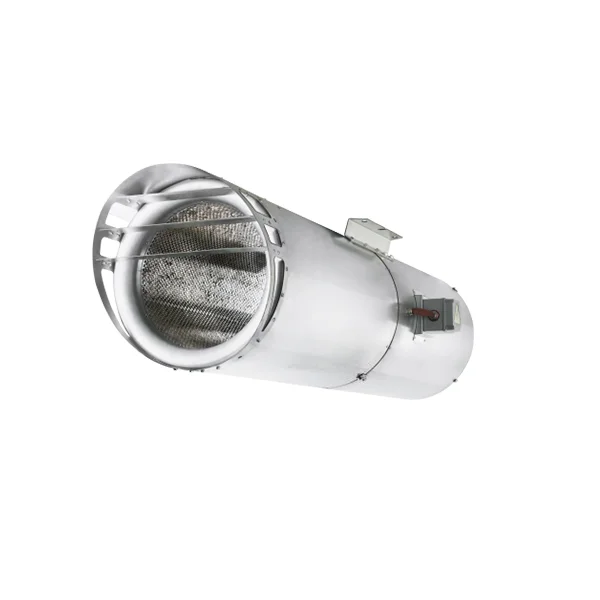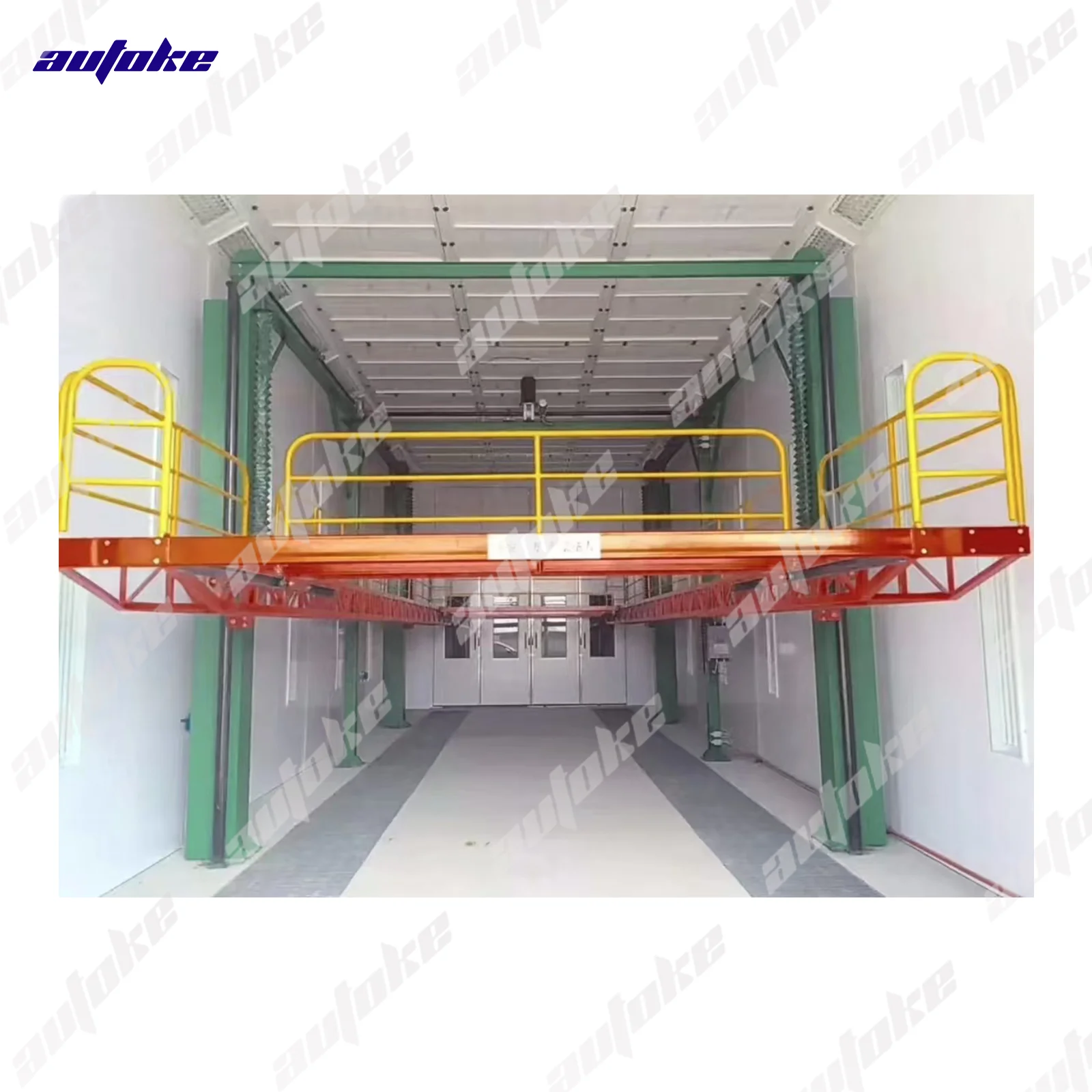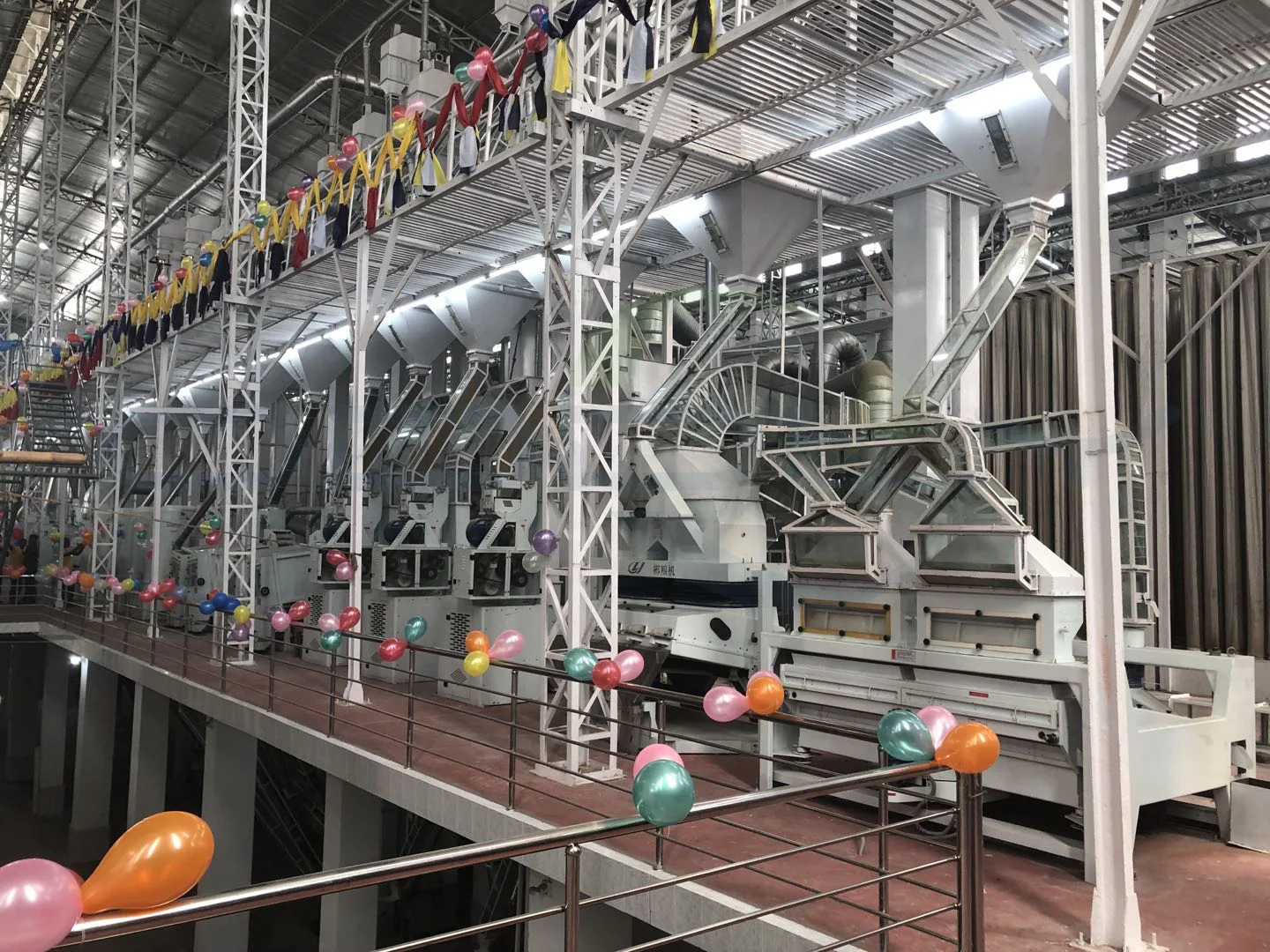Solar panels have come a long way since their inception. From the modest 100W panels to the powerful 450W monocrystalline versions available today, technological advancements have revolutionized the efficiency and effectiveness of solar energy.
In the early days, solar panels were bulky and had limited capacity. They required large surface areas to generate even a small amount of electricity. However, with continuous research and development, manufacturers have been able to enhance their performance while reducing their size.
The evolution of solar panels can be attributed to various factors such as improvements in material technology, design optimization, and manufacturing processes. One significant breakthrough was the introduction of monocrystalline silicon cells which are known for their high efficiency levels.
Monocrystalline solar panels are made from a single crystal structure that allows them to convert sunlight into electricity more efficiently compared to other types of panels. This increased efficiency means that they can produce more power using less space compared to lower wattage alternatives like polycrystalline or thin-film options.
With 450W monocrystalline solar panels now available in the market, homeowners and businesses alike can benefit from higher energy production without compromising on aesthetics or space requirements. These innovative panels offer excellent performance even in low-light conditions and have longer lifespans than previous generations.
As renewable energy becomes increasingly popular worldwide as an alternative source of power generation, investing in high-efficiency solar panels is a wise decision for those looking to reduce their carbon footprint while enjoying long-term cost savings on electricity bills. The evolution from 100W to 450W monocrystalline panels demonstrates how far we've come in harnessing clean energy from the sun - paving the way for a sustainable future.
JS SOLAR
jssolar@jssolar.com








+ There are no comments
Add yours